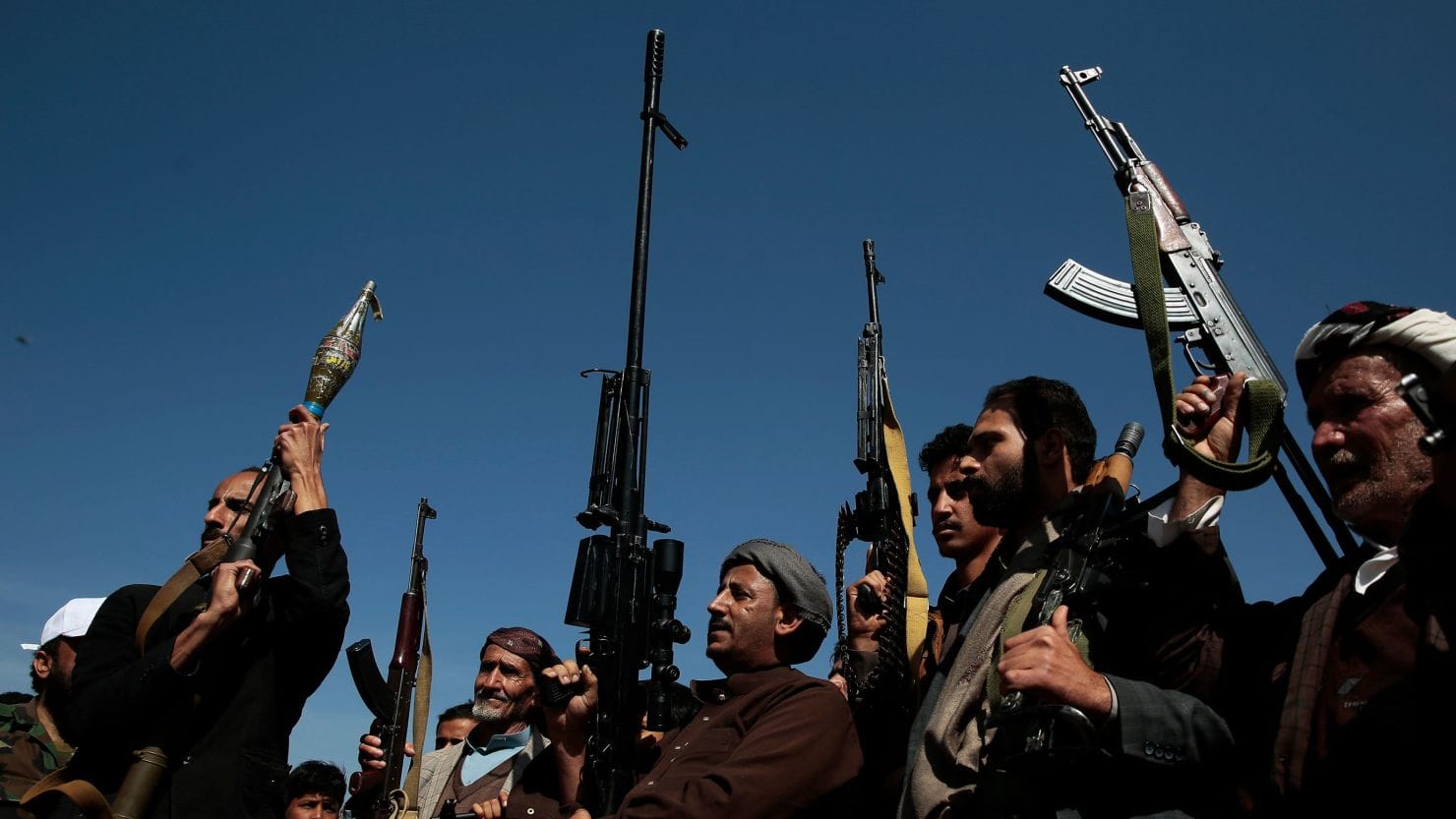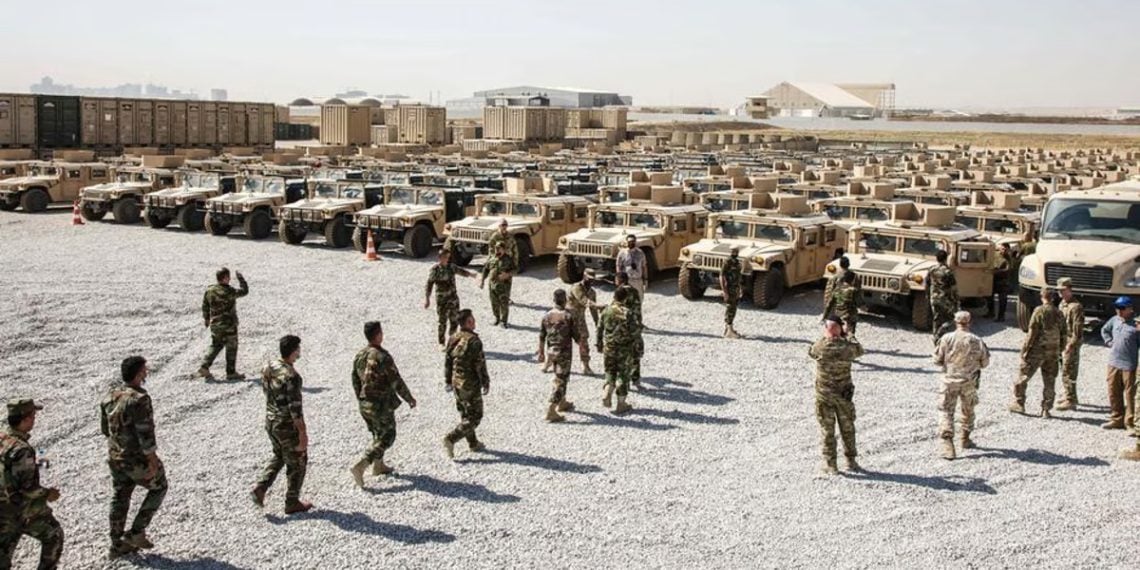US officials are registering signs of unease within Iran’s leadership regarding the actions of its proxy groups in Iraq, Syria, and Yemen. The concerns arise as attacks from these militia groups pose significant threats to the global economy and elevate the risk of a direct confrontation with the United States. The recent drone attack in Jordan, attributed to the Iran-backed Islamic Resistance in Iraq, took Tehran by surprise, causing worry among its political leadership.
Iran-backed militants have intensified their assaults, launching over 160 attacks on US forces since October. This escalation in hostilities prompted the Biden administration to contemplate potential responses to the recent attack in Jordan, including the consideration of strikes on Iranian assets in the region. However, a direct strike within Iran itself is deemed highly unlikely, as the US is focused on avoiding a full-scale war.
In a noteworthy development, the proxy militia Kataib Hezbollah announced the suspension of attacks on US forces. This move hints at a possible attempt to de-escalate tensions in the region.
Despite these gestures, some within the US military express skepticism, believing that Iran is content with the current situation. This sentiment is reflected in the assessment that the Iranian regime has been emboldened, particularly in the aftermath of the Gaza crisis.
CIA Director Bill Burns emphasized Iran’s confidence in the current environment, stating, “The Iranian regime has been emboldened by the [Gaza] crisis and seems ready to fight to its last regional proxy.” While Iran recognizes the value of supporting its proxies to keep the West occupied and project power, these proxies also possess their own “parochial interests,” leading to varying degrees of loyalty and fealty to Iran.
The concerns within Iran extend beyond its immediate proxies. There are indications that Iran is apprehensive about the indiscriminate attacks on Red Sea shipping by Houthi militants, given the potential repercussions. The Houthis have targeted US Navy ships, risking further escalation, and these attacks have caused considerable economic damage globally.
India, in particular, has felt the impact, prompting the deployment of warships to the Arabian Sea. The shipping industry has been disrupted, with Chinese state-owned companies diverting dozens of ships from the Red Sea to a longer route around the southern tip of Africa, leading to increased shipping costs.

The deaths of three US soldiers in the recent attack, combined with ongoing attacks on Red Sea shipping, have brought the US and Iran closer to the brink than either nation desired.
Iran’s Islamic Revolutionary Guard Corps chief, Hossein Salami, affirmed Iran’s stance, stating that while they are not pursuing war, they are not afraid of it. The situation remains complex, with the US intelligence community intensifying efforts to assess the capabilities of Houthi militants and determine the extent of degradation in their capabilities caused by recent strikes.





